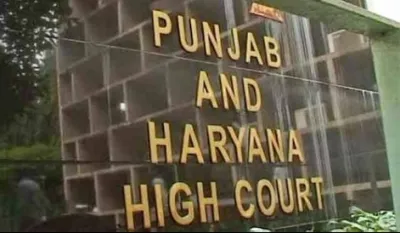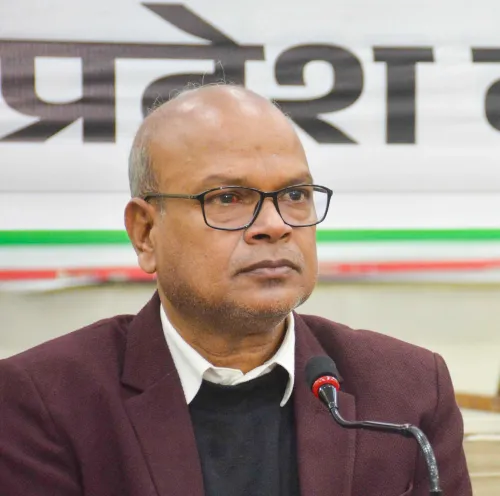Did the Punjab & Haryana High Court Grant Bail to a UAPA Accused?

Synopsis
Key Takeaways
- The Punjab and Haryana High Court granted bail to Jagwinder Singh after over five years in custody.
- No incriminating evidence was found against him.
- The trial has not progressed significantly, raising concerns about prolonged detention.
- The case highlights issues related to the UAPA and its application.
Chandigarh, Nov 6 (NationPress) The Punjab and Haryana High Court has granted bail to a man accused under the Unlawful Activities (Prevention) Act (UAPA) after he spent over five years in detention.
The investigation was carried out by the National Investigation Agency (NIA).
The high court noted that no incriminating evidence was found against the accused, Jagwinder Singh, who has been in custody for more than five years, with the trial's conclusion nowhere in sight.
The bench, comprising Justice Deepak Sibal and Justice Lapita Banerji, stated, "The allegations against the appellant included watching a video of Gurpatwant Singh Pannu and indoctrinating his cousin Inderjit Singh (the primary accused) to support the establishment of a separate state of Khalistan and assisting in hoisting the Khalistan flag on the top floor of the Deputy Commissioner's office."
"Aside from a single phone call made the day before the alleged offence, no other significant evidence has been presented," the court mentioned.
The judges further asserted that no evidence was provided to substantiate claims of the accused's radicalization and indoctrination of youth.
Additionally, it was highlighted that only his mobile phone was recovered from him.
"At this stage, no substantial evidence indicating a meeting of minds or a criminal conspiracy has been presented by the prosecution," remarked the judges.
In August 2020, two individuals allegedly entered the administrative premises of the Deputy Commissioner's office in Moga and hoisted a saffron/yellow flag inscribed with Khalistan on an iron pole already there. It was claimed that they had removed the Indian national flag from the ground floor by cutting its rope.
The trial court had denied bail to Jagwinder Singh in June 2024, prompting an appeal to the high court. The Punjab Police initially registered a case under the provisions of the Indian Penal Code, the UAPA, and other special laws.










